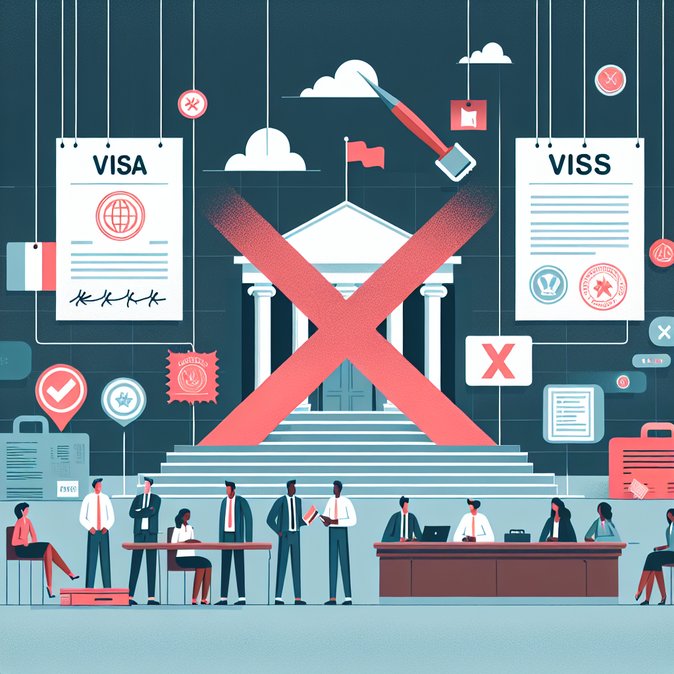
Hundreds of young activists gathered at Kehl railway station on the Rhine this afternoon to denounce the re-imposition of passport checks on the Franco-German border, a measure Berlin and Paris have kept in place almost continuously since late 2024. Organised by the Jeunes Européens sections of Kehl and Baden-Württemberg, the “Don’t Touch My Schengen” rally drew students, apprentices and cross-border workers who say unpredictable queues add up to 45 minutes to what should be a ten-minute journey.
Speakers highlighted the daily impact on binational households and on the 7,300 French residents who commute to jobs in Germany’s Ortenau district. “Living in a twin-city region only works if borders stay invisible,” said 22-year-old organiser Clara Müller. Protesters carried placards reading “Checks ≠ Security” and distributed QR-coded leaflets urging the European Commission to enforce proportionality rules in the Schengen Borders Code.
![Franco-German youth rally in Kehl protests ongoing internal Schengen checks]()
French SMEs operating just across the Rhine echo the frustration. A Strasbourg-based biotech firm told Global Mobility News its German technicians now budget an extra hour per day for what used to be a seamless cross-border maintenance round, inflating labour costs by roughly €600 per employee per month. The Grand Est regional council estimates that the controls have shaved 0.2 percentage points off local GDP by dampening cross-border retail and service flows.
Officials in Paris justify the checks as a response to “sustained terrorist threat levels”, citing Article 25 of the Schengen Code. Yet critics note that France has rolled renewals every three months for more than a year, even as EU case law calls for temporary measures to remain exceptional.
The Kehl demonstration is unlikely to trigger an immediate policy shift, but it spotlights mounting civil-society pressure ahead of the next Justice and Home Affairs Council in December, where ministers will review the future of internal checks. Mobility managers with cross-border staff should monitor whether France extends the controls yet again on 31 January 2026 and prepare documentation proving essential-worker status to avoid secondary inspections.
Speakers highlighted the daily impact on binational households and on the 7,300 French residents who commute to jobs in Germany’s Ortenau district. “Living in a twin-city region only works if borders stay invisible,” said 22-year-old organiser Clara Müller. Protesters carried placards reading “Checks ≠ Security” and distributed QR-coded leaflets urging the European Commission to enforce proportionality rules in the Schengen Borders Code.

French SMEs operating just across the Rhine echo the frustration. A Strasbourg-based biotech firm told Global Mobility News its German technicians now budget an extra hour per day for what used to be a seamless cross-border maintenance round, inflating labour costs by roughly €600 per employee per month. The Grand Est regional council estimates that the controls have shaved 0.2 percentage points off local GDP by dampening cross-border retail and service flows.
Officials in Paris justify the checks as a response to “sustained terrorist threat levels”, citing Article 25 of the Schengen Code. Yet critics note that France has rolled renewals every three months for more than a year, even as EU case law calls for temporary measures to remain exceptional.
The Kehl demonstration is unlikely to trigger an immediate policy shift, but it spotlights mounting civil-society pressure ahead of the next Justice and Home Affairs Council in December, where ministers will review the future of internal checks. Mobility managers with cross-border staff should monitor whether France extends the controls yet again on 31 January 2026 and prepare documentation proving essential-worker status to avoid secondary inspections.


